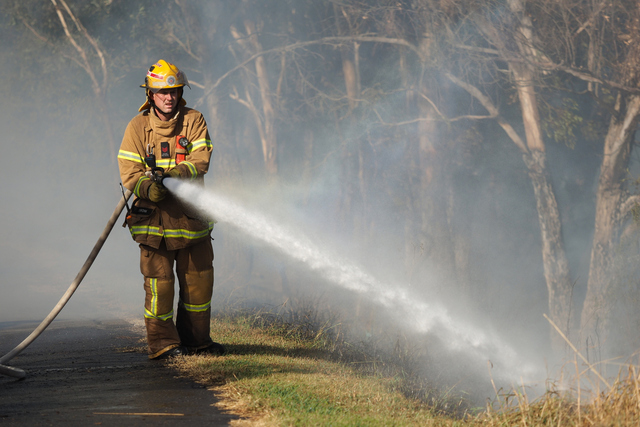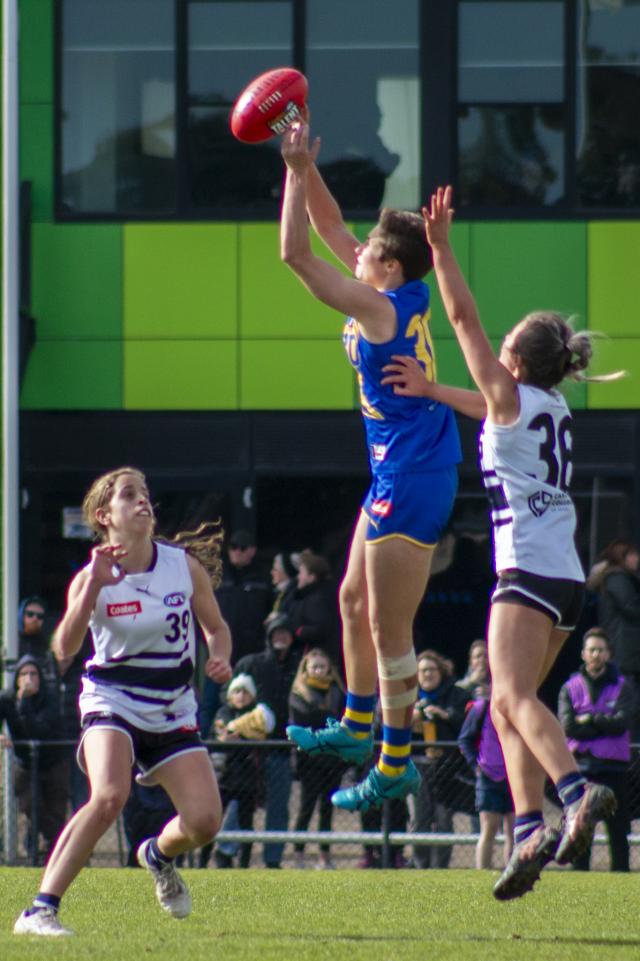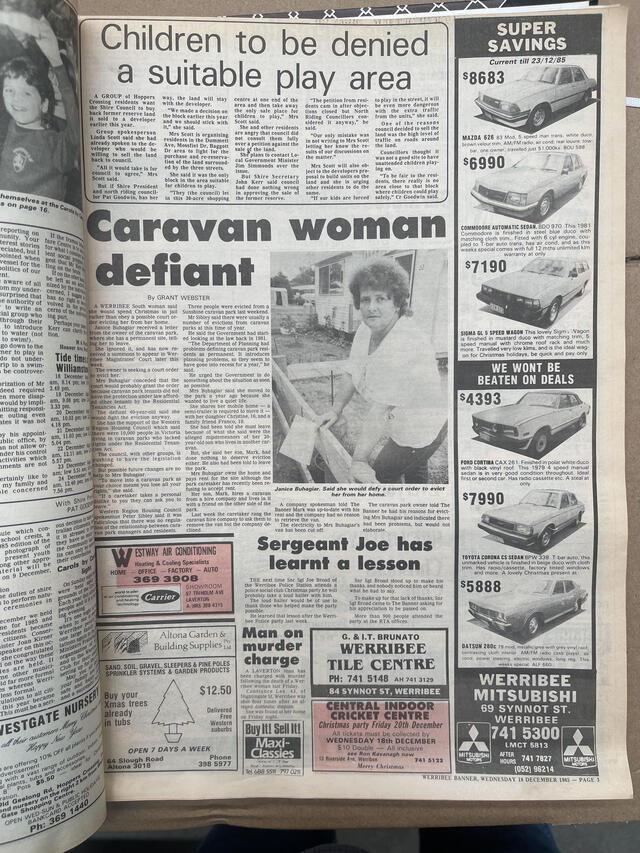WYNDHAM Council has been accused of failing to act in the public interest when it recommended Point Cook’s green wedge for inclusion in Melbourne’s urban growth boundary.
As the fallout from the state government’s decision to move the 433-hectare site inside the urban growth boundary continues, RMIT planning professor Michael Buxton said the council “should be ashamed of itself” for recommending the land in the first place.
“This demonstrates a failure at local and state levels of government here, a massive failure.
“Is it any wonder people are getting angry and frustrated at the inability to act in the public interest? It’s a cause for great alarm,” Professor Buxton said.
Council chief executive Kerry Thompson said the council wanted a manageable, permanent buffer between residential development in Point Cook and agricultural land in Werribee South.
Ms Thompson said the council believed that moving the land into the growth boundary would also allow wetlands in the green wedge to be rehabilitated, and create open space from Point Cook Coastal Park to the Werribee Employment Precinct.
The Western Catchment Network is also critical of the council for suggesting a golf course be built in the green wedge to separate houses and farms in Werribee South.
Professor Buxton questioned the need for the land to be used for housing, with an expected 3000 homes to eventually be built once approved for development by Planning Minister Matthew Guy.
He said there was no need for more houses in Point Cook.
“Regarding the recent government decision to expand the urban growth boundaries with logical inclusions, the truth is, there’s nothing logical about it. A much more logical response would be alarm in the community because there’s no logical reason at all to be adding further
land to Melbourne’s growth areas,” he added. But Urban Development Institute of Australia Victorian executive director, Tony De Domenico, said the land needed to be developed because there was demand for housing in growth suburbs like Wyndham.
“Critics of expanding Melbourne also fail to recognise that much of the land being used for future housing is tree-less, degraded farmland which is restored and revegetated with mass tree plantings and, in many cases, natural habitats including wetlands to improve water quality.”
The council will discuss growth boundary changes with Point Cook residents later this month. Details: 97420777







